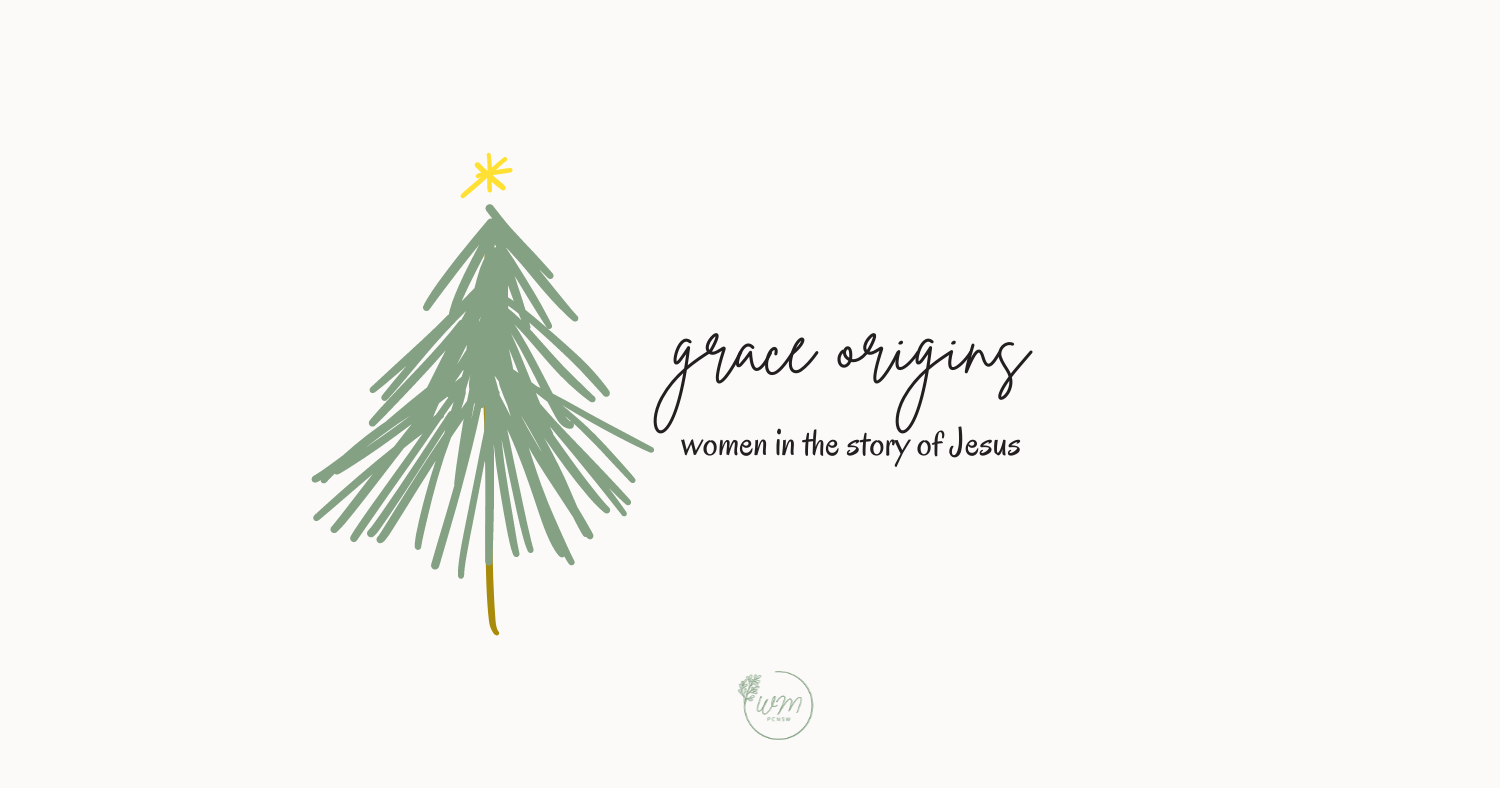
Her name isn’t even mentioned in the genealogy. Bathsheba is simply referred to as “the wife of Uriah.”
Perhaps because, as terrible as her story is, she’s not even the centre of her own story. Bathsheba’s experience exposes the wickedness of man and our need for a good king.
One evening, Bathsheba was bathing on her roof – performing the purification ritual to cleanse herself after her monthly period. King David saw her from his palace, and sent someone to find out about her. He discovered that Bathsheba was married to Uriah, a Hittite, from modern day Turkey, who had clearly immersed himself in Israelite law and custom, and was away from home, fighting with the Israelite army as they expanded their territory.
Knowing that she was married did not alter David’s plan or assuage his desires. He summoned Bathsheba to his palace, slept with her and sent her back home. She eventually informed King David of her pregnancy, and so he devised a plan: to have her husband brought home from war, so that he might sleep with his wife and believe that he had fathered her child.
But Uriah is too noble to enjoy the comforts of home and sleep with his wife while his fellow soldiers and the Ark of the Covenant are in grave danger, on the battlefield. David’s plan is momentarily foiled, until he devises a more malicious scheme: he instructs his military commander to place Uriah on the front line, and then, when the enemy attacks, withdraw, ensuring Uriah is struck down by the enemy.
Having raped and impregnated Bathsheba, David arranged for the murder of her husband on the frontline. The plan was a reckless bid to cover his own shame, and many soldiers lost their lives.
It is terrible, grievous, and wicked. Uriah dies, and Bathsheba mourns his death.
And then, because of David’s wickedness, God’s judgement saw the son born to Bathsheba die, when he was just a week old.
She was raped by the king, her husband was murdered by the king, and her son tragically died because of the king’s sin. Bathsheba knew many sorrows.
Bathsheba’s life is a blight on the character of King David. Although he repented, and forgiven for his sin, Bathsheba bore the impact of his actions. Her losses were great, and her life marked with grief and pain. And yet, Bathsheba bore more sons, and her son Solomon reigned as king after his father David. And through this line, the covenant made by God is fulfilled: A throne and kingdom that will reign forever (2 Samuel 7).
It seems vain to reduce the moral of this story to “God redeemed Bathsheba’s suffering” through the birth of her son and eventual descendent, Jesus. It is true that God redeems all things: even the violation of a vulnerable woman and the murder of her husband.
But what is most evident in the story of Bathsheba is that even David, the man after God’s own heart, is not a good enough man to lead God’s people. David is a poor image of the King that we need. David is proof that we need more than human leaders, we need God.
And so, weaved into Jesus’s human DNA is the tragedy of Bathsheba, and a King who exploited his subjects for his own wicked desires. And here we have a whisper of grace: that although our collective human sin deserves no less than David, God promises us a King who will rule forever in justice, and in power, and in love.
Jesus the Christ, the Anointed One is the descendant of David and Bathsheba who reigns forever. His coronation began with a kangaroo court and malicious beating. His crown was made of thorns. He was nailed to his wooden throne in the shape of a cross. Jesus the Christ, the descendent of David who was murdered as his accusers tried to suppress the shame of their own sin.
His death no accident. It was the loving sacrifice of the King who was also the Man of Sorrows. The Servant King, who laid down His life to wash away our shame.
But of course, God redeems all things, and He raised “Christ from the dead and seated him at his right hand in the heavenly realms, far above all rule and authority, power and dominion” (Eph 1:20) where he continues to reign over us today.
